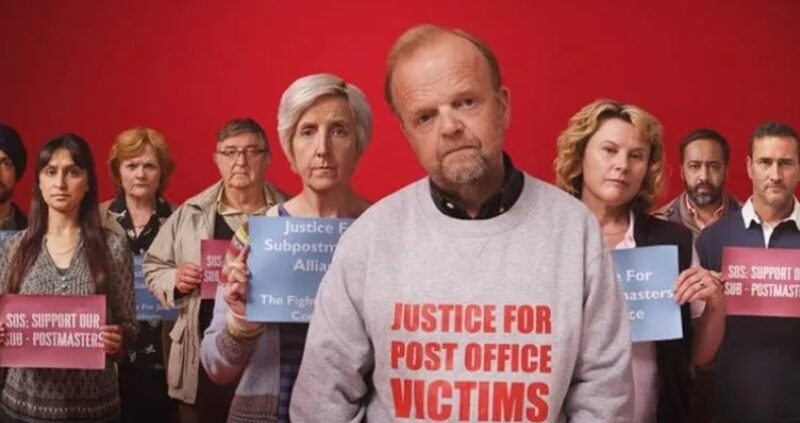From the National Union of Rail, Maritime and Transport Workers
As you may be aware industrial action across the UK has been named to take place on Tuesday 21 June, Thursday 23 June and Saturday 25 June. The action covers UK-wide Network Rail and the Department for Transport Train Operating Companies.
This action is an absolute last resort as we have been talking to employers and UK Government ministers for almost two years to find a resolution to the issues involved. Indeed, since we declared our overwhelming ballot result two weeks ago, we have been in engaged in intensive efforts to find a resolution to the dispute, but as well as no offer on pay or job security those talks have revealed that the employers have an agenda which will be disastrous for rail passengers’ workers and passengers alike.
This agenda includes thousands of jobs losses, with widespread cuts to station, catering and cleaning staff, cuts on train staff and more driver only trains and the axing safety critical track, engineering and operational staff. Passengers want more staff, not less and far from modernisation the employer’s cuts agenda is the managed decline of our railway which will make services less reliable, safe and accessible – all in order to allow greedy rail companies to continue raking in hundreds of millions of pounds in profit a year and to continue to pay fat cat salaries.
We remain available for meaningful negotiations to resolve this dispute and we urge the employers to make realistic proposals as soon as possible. In the meantime, below are some key facts in relation to the dispute.
• Rail workers voted by almost 9-1 in favour of strike action on a 71% turnout. Far from ‘jumping the gun’ the action is a last resort after two years of discussions where the industry and UK Ministers failed to address concerns on jobs, pay and conditions.
• A key aspect of the dispute is the threat of thousands of compulsory redundancies. This will mean increased risks on safety critical infrastructure, less staff on stations and trains, including the removal of guards and catering staff, cuts to cleaning and the closure of nearly all ticket offices. This is not modernisation; it is the managed decline of our railways where cuts will worsen services for passengers and make the railway less safe and accessible. If we are to have a full rail recovery from Covid with expanding services to meet our climate commitments, we need to retain staff and their skills. The passenger watchdog Transport Focus has said ‘there is a strong sense that the ideal response to the pandemic would be to see more staff…rather than less.’
• All rail staff are identified as key workers. They work in a safety critical industry seven-day weeks with very unsocial hours in all types of adverse weather and conditions. Many regularly deal with being assaulted and anti-social behaviour. Those workers balloted include cleaners, catering staff, controller, guards, drivers, engineering, revenue protection, signal workers, station staff, track workers and train maintenance staff. Most rail workers have basic salary rates of between £25-30,000 around the median annual salary of £31,285.
• Rail workers were praised as ‘heroes’ by the UK Transport Secretary Grant Shapps, for keeping the country moving during the pandemic. Now despite the cost-of-living crisis most rail workers are enduring two to three year pay freezes whilst MPs have received a rise worth almost worth 6% during this period.
• The government claim they ‘bailed out’ the rail industry during the pandemic, when in fact the railways always needed to be supported to keep people and good moving. Rail workers are angry their livelihoods are under threat when during the pandemic rail bosses have taken home £1m pay packets and rail companies have made in excess of £500 million a year in private profits since the start of the health emergency. The reason cuts are now being proposed is so companies can continue to rake in profits, regardless of the consequences for passengers.
• There is a better way to manage change, for example the Welsh Government have guaranteed no compulsory redundancies and have protected staffing levels and support the role of ticket offices. In contrast we are concerned the UK government and companies are preparing for confrontation. Ministers have even said they will use taxpayers’ money to fund any losses incurred by the private train operators.
• RMT’s recent ballot exceeded stringent anti-trade union thresholds, beat the percentage turnout at the general election and exceeded the majorities achieved by most politicians. Yet in response the government is threatening to change the law to remove workers’ democratic right to take strike action. The P&O scandal has recently shown exactly how ruthless companies can be and how the law is stacked in their favour against working people. Now the government is threatening to make it worse.
• After all they have been through as key workers during Covid, putting their health and lives on the line, rail workers don’t want to take strike action. This dispute could still be resolved quickly and RMT is calling for talks with the government and the industry at a national level to reach a fair settlement. Please lobby the government to demand that the rail companies must agree that there must be no compulsory redundancies of rail workers, that working conditions and jobs are subject to negotiation and agreement with the rail workers union the RMT and that rail workers receive a fair pay rise that takes into account the rising cost of living.
Mick Lynch, General Secretary



